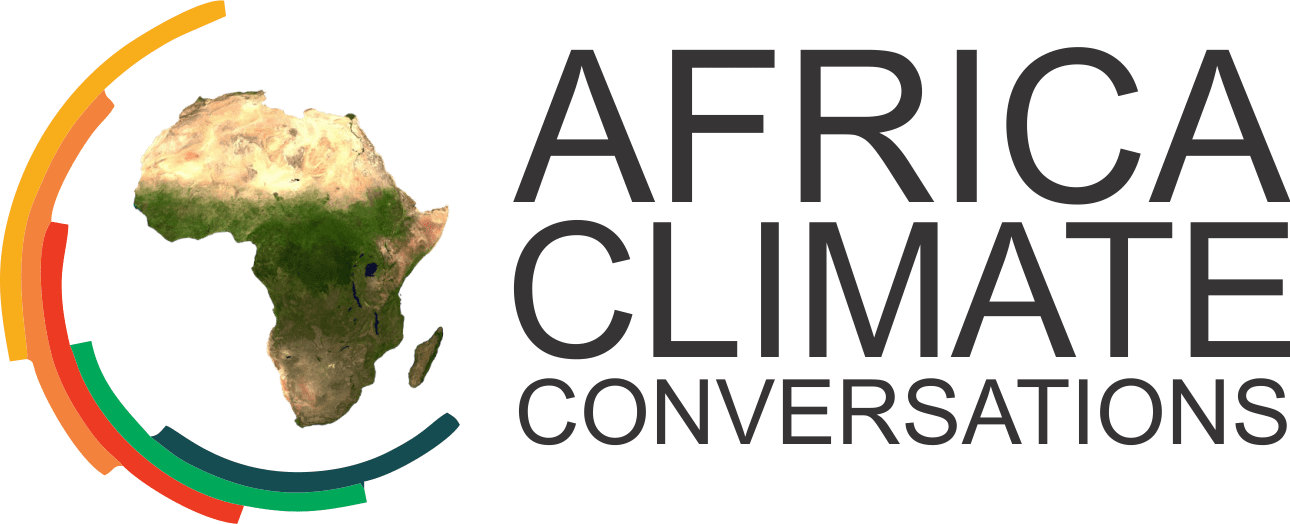
A 24-member transitional committee on loss and damage issued a proposal for a new loss and damage fund ahead of the 28th UN Climate Summit – COP28 – taking place in Dubai this November.
According to Alpha Oumar Kaloga, the African group’s lead negotiator on loss and damage, the final decision was made in a tense atmosphere; thus, there is a need to understand the status of the final decision, as the United States had objected at the last moment.
Kaloga told the Africa Climate Conversations podcast that developing countries have made compromises because “we cannot abandon our people. We cannot wait any longer, and we recognise that we are in a multilateral process and must make compromises. We accepted the World Bank (a red line) as the financial intermediary fund, but only under conditions.”
Developing countries have been pushing for a loss and damage fund since 1991, when the Alliance of Small Island States proposed creating an international insurance pool to compensate for loss and damage.
You might be interested in why the loss and damage fund must be fair and just.
The fund is intended to help developing nations recover from losses and harm caused by climate change. It is anchored on the UNFCCC’s principle of common but differentiated responsibilities and respective capabilities, which underlines that the global challenge of tackling climate change should be met in a fair and equitable manner.
“We want justice; we want loans to safeguard our progress, but it only takes one dramatic occurrence to undermine what has taken decades to establish.” Says Kaloga.
However, according to Kaloga, as part of the Paris agreement package, the world community agreed during COP21 in Paris that there would be no compensation and no culpability for loss or damage.
“The devil is in the details; people only see the Paris agreement, but the operational decisions, and particularly paragraph 54, speak about no liability, no compensation”.
However, though Article 8 of the Paris Agreement does not provide a basis for any liability or compensation, it specifies some areas of cooperation and facilitation to enhance understanding of and action to address loss and damage, such as irreversible loss and damage, slow onset processes, early warning systems, and risk management.
Will the transitional committee proposal sail through at COP28, or is it likely to be a bomb?
